Electric vehicles long ago shed their reputation for being weak, slow, and possibly even slightly humiliating.
The priorities of the public have shifted. Many individuals, particularly the younger generations, value protecting the environment more than tearing down the interstate in an awesome muscle car.
However, the second choice is appealing.
But even there, more recent electric vehicles can accelerate quickly enough to send many muscle cars – if any – flying in their exhaust fumes.
And while the radical environmentalists among us may have delighted in the idea of seeing the fossil fuel industry lose its enormous wealth and power to the clean energy sector, it now appears that they will be let down.
It appears that oil and gas firms are adopting the adage, “If you can’t beat ’em, join ’em,” and are on track to standardize the installation of electric charging stations at gas stations.
In the meantime, all of the top automakers have been working on electric vehicles and, unlike in the past, are treating them very seriously because the political, social, and technological environment is now such that there are already a lot of charging stations all over the US and in many other nations in the world. In the past, the enormous question of infrastructure remained unanswered.
And there are yet more coming. Robotics and Automation News has covered a lot of new advancements in electric vehicle charging technologies over the last few weeks and months.
Just 20 firms that are either developing EV charging technologies or are already delivering them to the market were chosen because it seemed like a good idea to compile them in this article and display them in the form of a list that isn’t really sorted strictly.
We’ve chosen to focus more on public or commercial EV charging stations, but we’ve also included those that are designed for use in individual homes.
If you’ll excuse the pun, it’s not intended to be exhaustive, but we do hope you find it instructive and helpful.
On the world’s roads, there are reportedly more than 1 billion automobiles. The International Energy Agency estimates that by 2040 there may be 300-400 million electric vehicles (EVs) on the road out of roughly 2 billion vehicles, with about 2 to 3 million of these being pure battery-electric and plug-in hybrid models.
According to Nanalyze, the US alone needs about 2 million EV charging stations to accommodate the 40 or more electric vehicle models that are likely to be widely distributed on the roads.
There are currently approximately 150,000 charging stations spread across about 75,000 places worldwide, according to the Open Charge Map. Although it seems like a low estimate, someone is at least keeping track. The following nations have the greatest number:
21,000 charging stations in the U.S.
Europe 12,000
United Kingdom 8,000
7,000 in the United Kingdom
Italy ~ 4,000
Additionally, even though home-installed chargers can be purchased for $500 to $1,000, there will still be a need for public chargers because electric vehicles need to be topped off frequently and can only travel a short distance on a single charge.
So, whichever way you look at it, there is a massive market in the making.
- ChargePoint
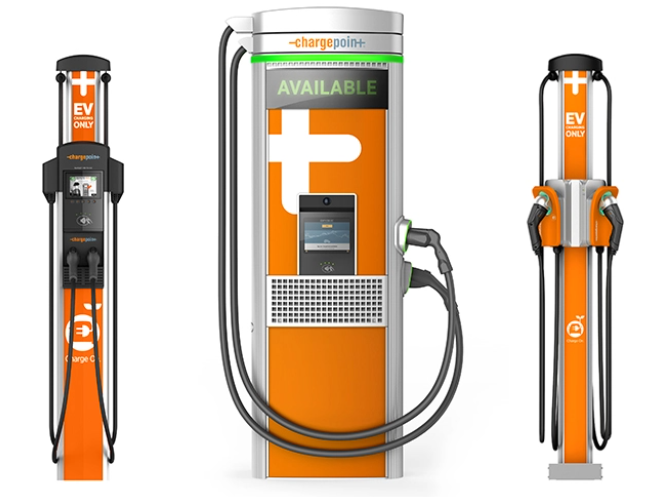
The company ChargePoint, formerly known as Coulomb Technologies, asserts to be in charge of the largest global network of electric vehicle charging stations.
In addition to the 35,000 charging stations it already had, it took over 10,000 charging stations from General Electric in 2017. According to the most recent data, the company employs roughly 60,000 people.
According to ChargePoint, there are both public and private charging stations all over the US, Canada, Mexico, and other nations.
The 12-year-old company currently reports annual revenues of around $42 million after raising $240 million last year for its expansion plans.
- ABB
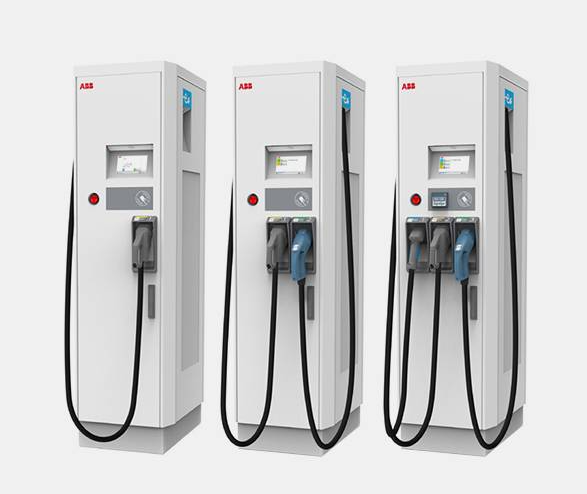
We frequently cover ABB’s robotics-related activities because it is one of the biggest industrial robot producers in the world. However, ABB’s business in power generation equipment is much more significant.
ABB has unveiled a variety of charging solutions for fast charging of buses and cars, and it is probably inevitable that it will become one of the top suppliers of “downstream” power equipment.
Although it recently partnered with Porsche to develop EV chargers, it is not yet among the market’s leaders in EV charging stations. This will inevitably increase its profile.
- BP
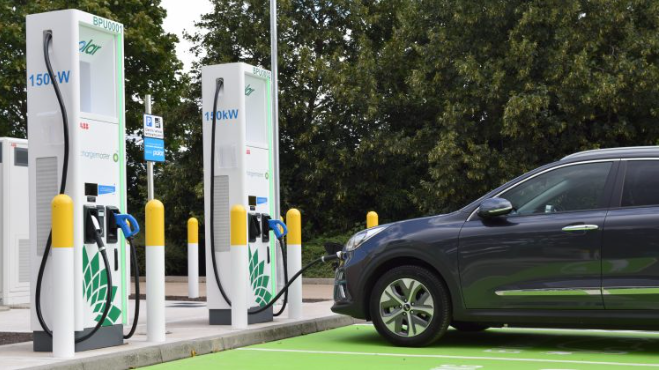
Given that some believe the apparent shift in society toward electric vehicles will have a negative impact on the fossil fuels industry, it is likely that the renowned energy giant is more interested in electric power than is advantageous for its oil and gas business.
Nevertheless, BP asserts that, with nearly 7,000 units, its ChargeMaster subsidiary—acquired for £130 million last year—is the largest provider of charging stations in the UK. It invested £25 million in fast-charging technologies after the acquisition.
More recently, BP made an investment in PowerShare, a Chinese EV charging platform provider. A $5 million investment in the manufacturer of mobile charging stations FreeWire is one of the initiatives mentioned above.
- Shell
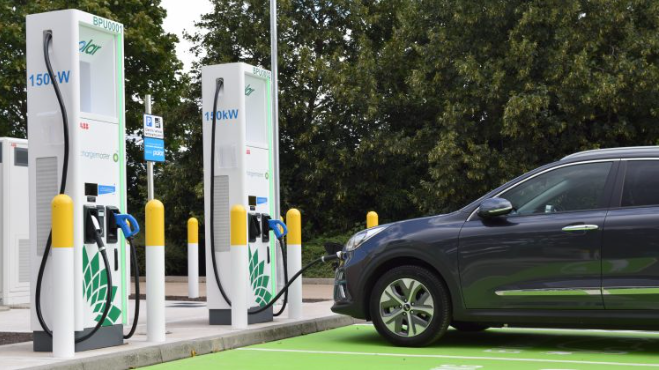
Along with BP, Shell is another energy behemoth that appears eager to enter the market for electric vehicle charging stations. Shell is doing this through its GreenLots business unit, which it purchased at the beginning of this year for an undisclosed sum.
By 2020, Shell claims to be investing $1 billion annually in alternative energy solutions, up from its current $200 million annual investment.
According to Green Tech Media, it acquired EV charging expert NewMotion in 2017, which has access to 50,000 more points and more than 30,000 points in Europe.
Shell also invested in a company called Ample, which claims to provide an alternative to traditional charging through the use of its own autonomous robotics technology.
- Webasto
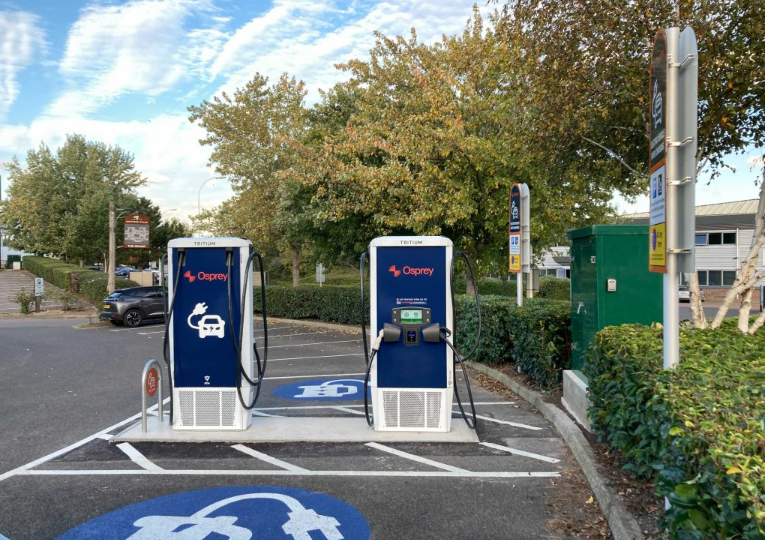
Webasto is a diversified technology company that offers a variety of home and on-the-road charging solutions. To briefly depart from the commercial or public charging points segment, or at least big oil.
The business of Aerotech’s “efficient energy systems,” another diversified technology company whose goods also include EV systems, was purchased by the company for $35 million.
EV charging stations can be purchased online from Webasto, which markets itself as one of the top 100 suppliers to the automotive industry, for about €700.
- Hyundai
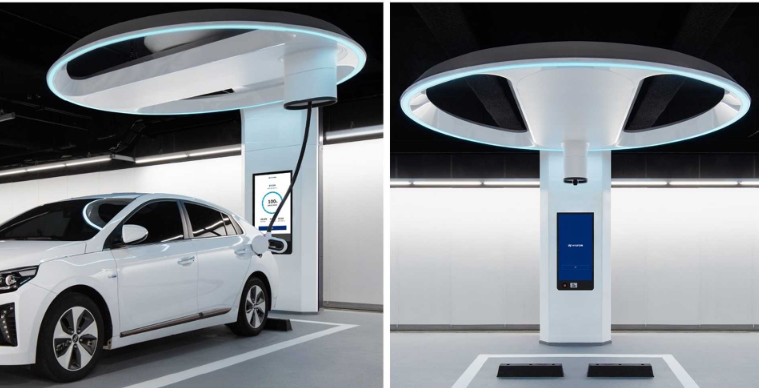
To create a wireless electric vehicle charging system, Hyundai has teamed up with Kia, another automaker.
It appears to be a component of the integrated autonomous vehicle offering from the two businesses, which they intend to make available for purchase in a few years.
They have so far only shown off an autonomous electric car parking itself over an EV charging station.
Other businesses are investigating wireless charging as well. Mercedes-Benz and Daimler are two of them.
Another Hyundai invention, though not using the same technology, is probably worth mentioning in this context: a solar charging system for automobiles in which the solar panel is built into the roof of the vehicle.
- RWE
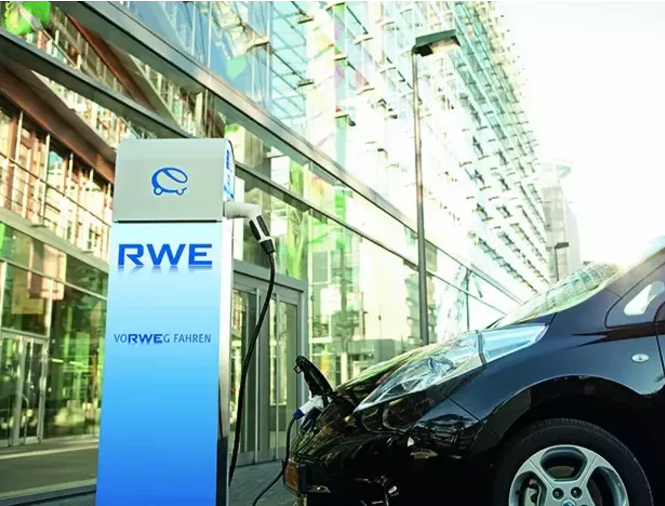
Daimler has been working on electric vehicle development for a while and plans to release them sometime this year, when the timing and market conditions are favorable.
The automaker has teamed up with RWE to build 500 EV charging stations across Germany and Europe rather than waiting for others to build the infrastructure.
RWE is a sizable European energy company with numerous divisions. RWE Effizienz is the company constructing the EV charging infrastructure.
According to RWE, no other company in Europe makes different kinds of charging stations in-house, installs them in both public and private spaces, operates them with a unique software solution, and provides them with eco-electricity.
An energy or utility company that has entered the market for electric vehicles is RWE.
- Daimler Mercedes-Benz
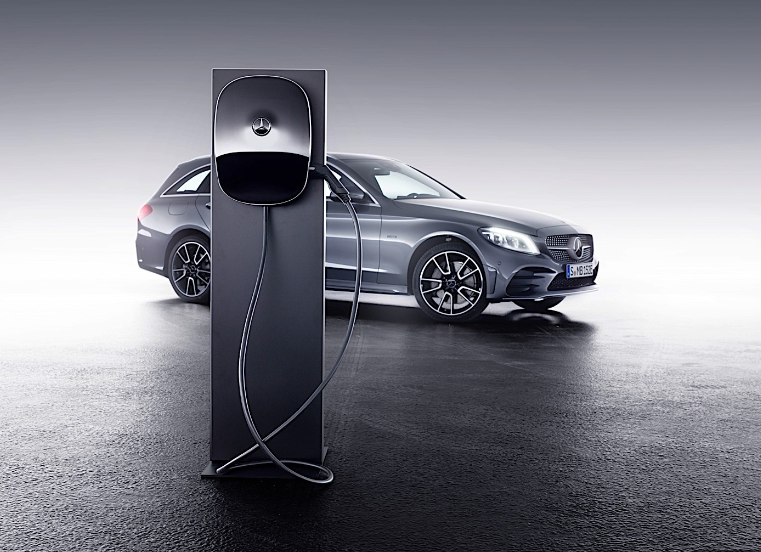
Daimler is collaborating with other businesses in addition to its partnership with RWE, which will allow it to effectively own or at least have access to 500 EV charging stations.
One of them is EnBW, a different European energy provider that is collaborating with Daimler to install 700 charging stations in south-west Germany.
Daimler and NewMotion, the business previously mentioned as having been purchased by Shell, have also come to an agreement through which the two businesses will create charging solutions for fleet customers.
Therefore, Daimler is already establishing an ecosystem in which electric vehicles will probably thrive, even though it will only have a few hundred in operation in the near future, mostly for testing purposes.
9. Siemens
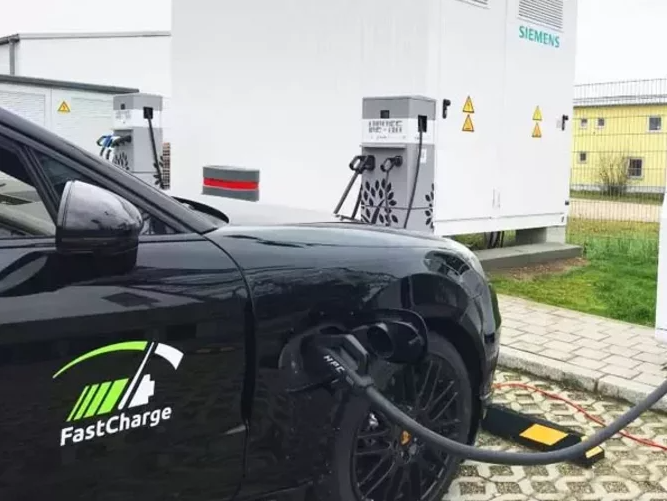
The biggest engineering firm in Europe has been providing free top-ups for its staff members’ electric cars through its own charging stations for the past few years.
For both standard and fast charging, Siemens has demonstrated a number of charging options for both the home and public transportation.
The business invested in ChargePoint a few years ago, and since then, it has set up hundreds of charging stations throughout Europe.
Siemens asserts that it has taken the lead in this expanding market and is giving extensive technical support and fast charging solutions top priority.
- EVgo
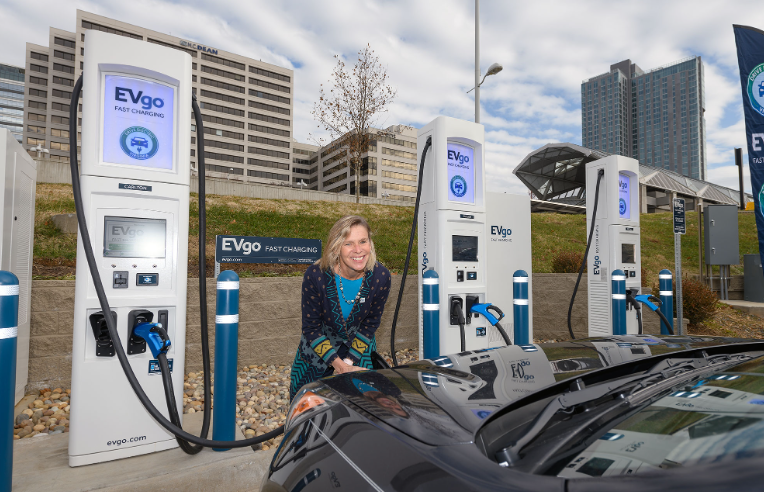
The largest network of public electric fast-charging stations in the US, according to EVgo, is run by them. In Fremont, California, it recently teamed up with ABB to build what it calls the nation’s first “high-power” fast charging station.
The upgrade from 150 kW to 350 kW seems to make the difference. EVgo describes its systems in more plain terms as follows:
Up to 2 miles, 30 minutes of Level 1 charging; 10 miles, 30 minutes of Level 2 charging; and 75 miles, 30 minutes of Direct Current Fast Charging.
According to EVgo, a total of 1,050 chargers have been installed so far in more than 66 US metro areas.
- EVBox
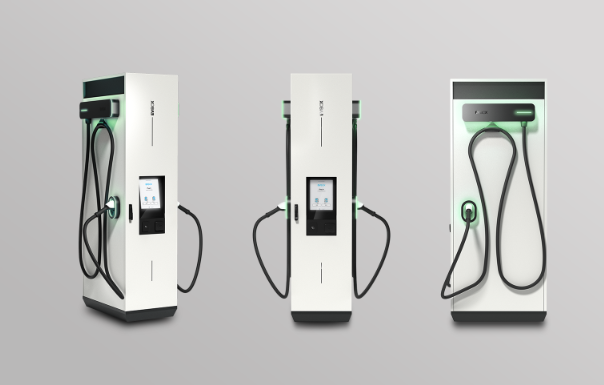
With about 60,000 installed all over the world, this company is another one that could assert ownership of the largest EV charging network.
Additionally, the company owns 700 fast charging stations that it acquired last year when it acquired EVTronic.
The hardware and software solutions offered by EVBox, a company that specializes in electric vehicle charging systems, include home and public chargers.
EVBox, a startup founded in 2010, has collaborated with numerous businesses, including energy and utility providers like Engie and Eon.
- G2Mobility
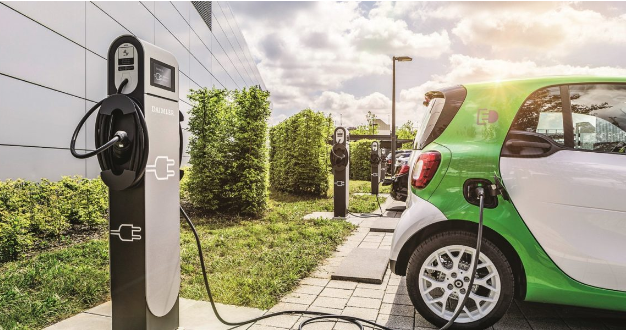
The large French oil and gas company Total bought Direct Energie for $1.7 billion and the fast-charging solutions provider G2Mobility for an undisclosed sum last year.
In addition to creating charging stations, G2Mobility is also creating an ecosystem for electric vehicles. It managed 10,000 charging points about 18 months ago, though more recent data is not yet readily available.
Californian Gas and Electric
We’ll return to big energy for another illustration of how traditional fuel distributors are encroaching on clean energy markets and evolving into utilities.
We could fill a list of 20 with just the utilities that are expanding into the electric vehicle market, as was already mentioned.
Other utilities in the US working with electric car manufacturers to build charging station networks include Southern California Edison and San Diego Gas & Electric, in addition to Pacific Gas and Electric.
According to Quartz, California will soon have “thousands” of fast-charging stations installed by Pacific Gas and Electric.
- Blink
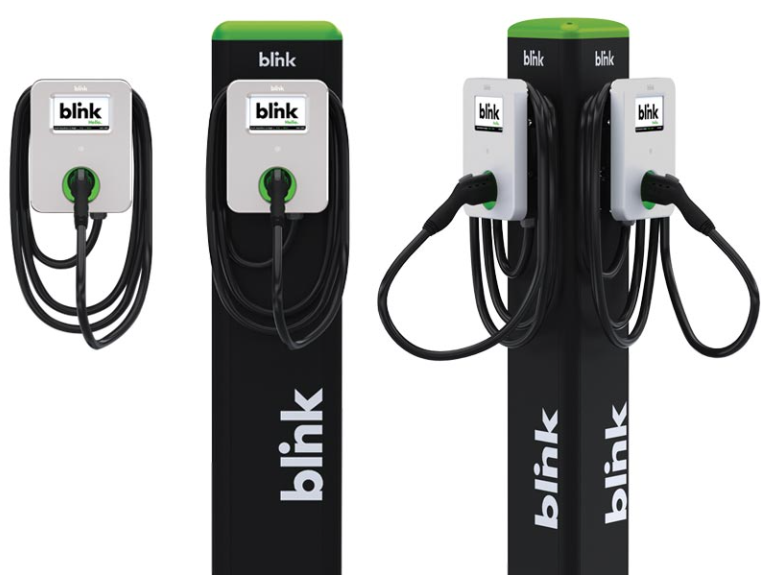
Even in the best of times, the world of advanced technology is one of rapid change, and this is especially true in emerging markets like electric vehicles and the infrastructure that supports them.
Analysts predicted that Blink would overtake its competitors as the market leader. That distinction now most likely belongs to ChargePoint.
Nevertheless, Blink Charging has a market capitalization of almost $70 million and is a sizable business. It has installed around 15,000 charging stations in the US and has about 150,000 registered members.
Additionally, Blink’s most recent collaboration with Tauriga fits with its plans to install 5,000 more by the end of this year.
15. Renault
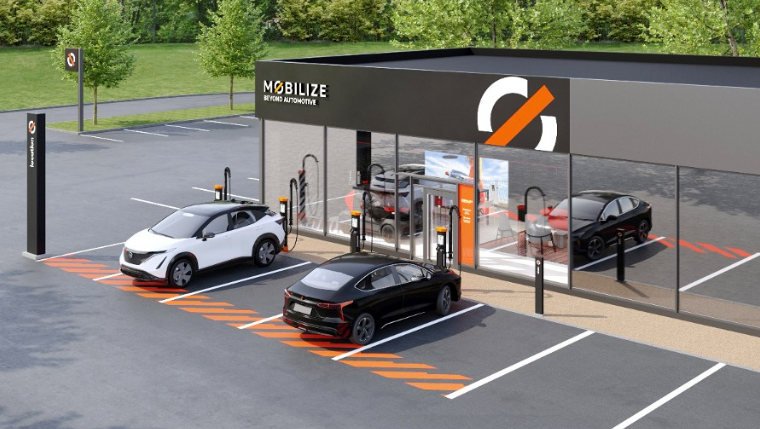
This list of 20 could probably be filled by big oil. Undoubtedly, utilities could. Automakers could also do this.
Of course, the core of this new, developing ecosystem is comprised of automotive companies. The charging station technology must be compatible with their vehicles.
Additionally, Renault is introducing “vehicle to grid charging,” a cutting-edge technological solution. This means that the charging and discharging of the batteries in electric vehicles would be modulated by the station and the vehicle.
Renault claims that by doing this, the electricity grid will optimize the supply of nearby renewable energy sources and lower the cost of infrastructure.
- Phihong
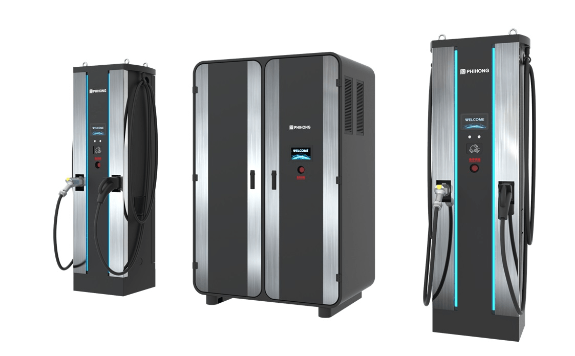
Phihong, a company that is probably not among the more well-known ones, got in touch with Robotics and Automation News directly to share details about their new AC32 electric vehicle charger.
And we value every acknowledgement of our existence, no matter how small.
Phihong’s EV charger is claimed to be suitable for locations such as residential, parking lots, gas or service stations, as well as business fleet operators and has been certified for the North American market.
- Schneider Electric
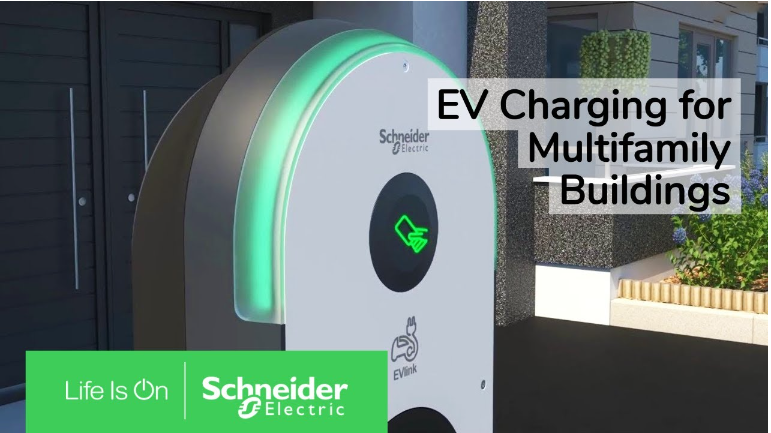
Schneider Electric is another brand that is well-known in its industry but is not well-known outside of it. Its data center solutions, such as uninterruptible power supply units, which keep the servers running even if the grid goes down, are probably its best-known products.
Electric vehicle charging solutions from Schneider are available for both residential and commercial use.
The business is predicted to have a sizable future presence in this emerging market.
- Efacec
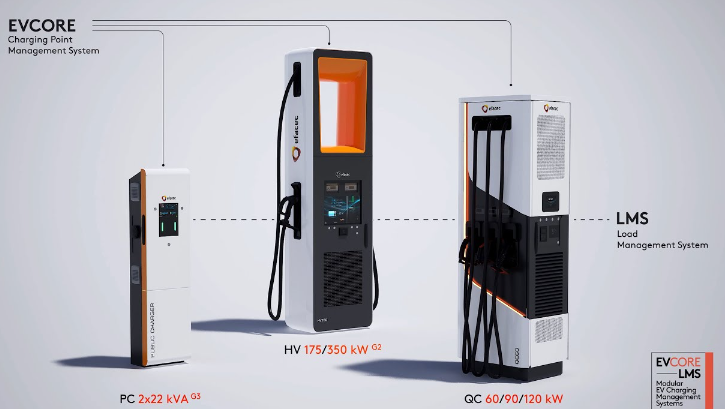
Efacec is a Portuguese energy, engineering, and mobility company, moving from less well-known to possibly obscure. It is actually touted as being the biggest such business in the nation, with annual revenues of about €500 million.
The “quick charging” to “ultra fast charging” electric vehicle charging stations from Efacec are accessible for both private and public use, though the company itself places more emphasis on the latter.
Although information on the quantity of Efacec’s installations is not yet available, Portugal is thought to have less than 1,000 public EV charging stations overall, making it a likely promising market.
- Eaton
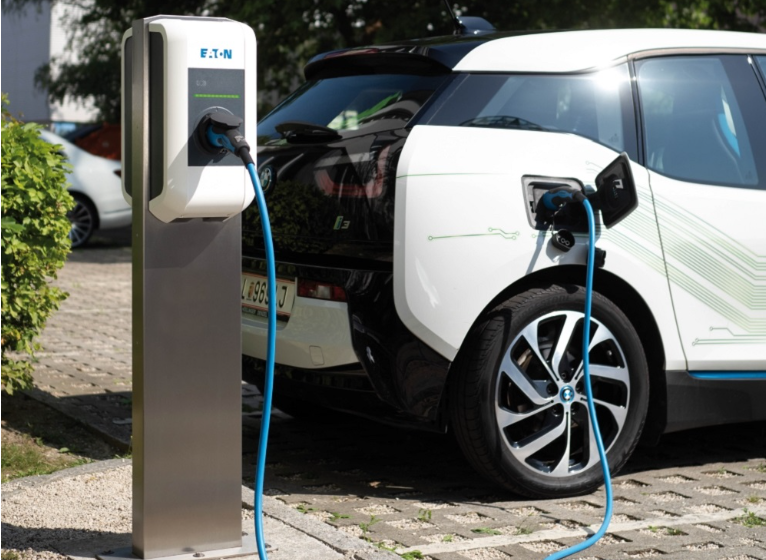
Although this company is well known in the industrial sector, not many people may be aware that it also manufactures electric vehicle charging stations.
It is allegedly intended for residential or commercial use, and the business seems to be providing individually tailored solutions for each client.
- Ample
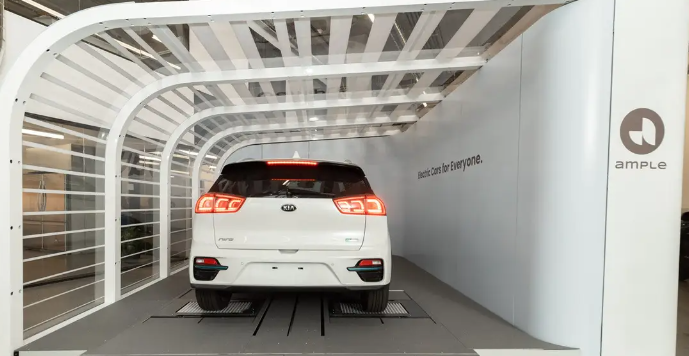
It appears to be a brand-new startup, but it is noteworthy because many investors, including Shell, have shown interest in it.
Ample has so far secured more than $31 million in funding overall.
This website finds it particularly intriguing that Ample reportedly intends to charge the electric car using an autonomous, possibly mobile robot.
It also mentions “smart battery technology,” which could be a reference to the ongoing advancements some businesses are making in that area.
The future? as we learn more.
roaring stealthily down the future’s freeway
Electric vehicles have been adopted by consumers over a very long period of time, but much of that is likely attributable to the industry’s reluctance to develop the necessary infrastructure. And historically, governments may have been too dependent on big oil.
Electric cars were thought to be a bad choice of vehicle, uncool, and geeky at a time when geeks weren’t cool. But even so, it’s still unclear why trucks and other useful vehicles didn’t make the switch to electricity.
It’s most likely a result of a combination of poor infrastructure, technological flaws, and associated difficulties.
However, it appears that the world is finally waking up to the benefits of electric vehicles, and their development will likely parallel that of automatic vehicles, which have largely replaced manual vehicles in many nations.
Regarding automatic, another fascinating aspect of electrification is that it makes sense to incorporate more electronics into vehicles, which translates to greater autonomy.
But that deserves its own article.
Even in this article, we were unable to cover all the businesses we investigated. However, these are noteworthy:
Clipper Creek Continental Leviton Magna Alfen Allego
Semaconnect \sTgood \sZF
A report by Research and Markets predicts that the market for electric vehicle charging stations will increase from $5.3 billion in 2018 to more than $30 billion in 2023. The majority of these businesses are mentioned in that report.
Finally, Bosch, one of the biggest manufacturers of automotive technology, also produces EV chargers.